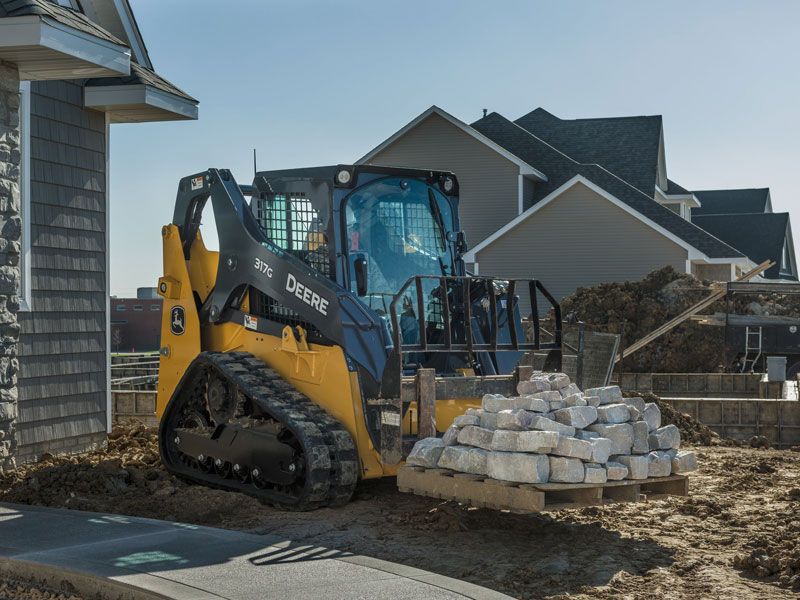Heavy Equipment Operator Safety
The modern world as we know it would not exist without heavy equipment. But any time heavy equipment is present so is the risk of injury or even death. Therefore it is imperative that owners ensure their heavy equipment is:
- Always properly maintained.
- Never pushed beyond established limits.
- Equipped with all relevant operating manuals.
- Operated by properly trained and certified operators.
In addition to the above every heavy equipment operator should:
- Inspect equipment before using it – The operator should be in the habit of conducting a walk-around inspection of the equipment before they begin using it. There should be an established checklist for each piece of equipment for the operator to refer to.
- Take care mounting and dismounting – Falls stepping on or off heavy equipment are a major cause of job site injuries. Operators should always maintain 3-point contact with the equipment when mounting and dismounting and never jump from the equipment to the ground.
- Always wear the seat belt – Seat belts save lives not just in the car but on the job site as well. An operator who is not strapped in can easily be killed in the event of a rollover. Even rough terrain can send an operator flying if they are not wearing their seat belt.
- Develop and use hand signals – Chances are good the heavy equipment operator isn’t going to be the only person in the field. Therefore, it is important to establish effective hand signals between team members.
- Check blind spots – The operator must be 100% certain no one is in any of their blind spots before moving. If the operator is unable to check all blind spots themselves they should have a dedicated spotter working with them who are fully versed in the appropriate hand signals.
- Trust their instincts – Heavy equipment operators are highly-trained and should learn to trust their instincts. If the operator’s gut is telling them something isn’t right they should stop, assess the situation carefully and make any necessary adjustments before proceeding.
- Wear PPE – Operators, as well as other team members, should be required to wear Personal Protective Equipment at all times. PPE heightens personal visibility and minimizes the risk of serious injuries.
- Be mindful when changing equipment – Operators sometimes switch from one piece of equipment to another during the course of the day. When doing so they need to reacquaint themselves with the load limits of the new equipment before proceeding.
- Utilize manufacturer safety resources – Many manufacturers of heavy equipment produce timely and informative safety videos and provide them free of charge to owners. Operators should familiarize themselves with all such available safety information.
Most accidents are preventable. With that in mind, the goal of establishing safety standards and safe practices is the elimination of hazards when operating or working in proximity to heavy equipment whether on the job site, in the yard or in the maintenance facility.

